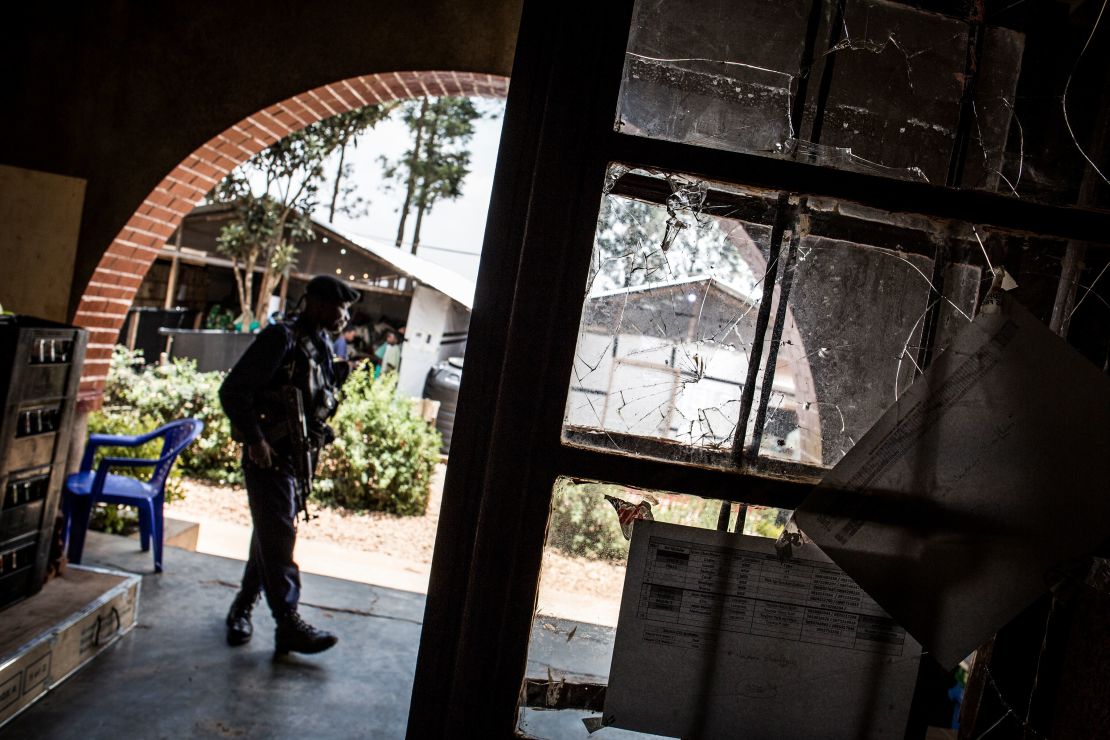The deadly Ebola outbreak in the Democratic Republic of Congo, has surpassed 1,000 cases, according to the country’s health ministry.
The number of confirmed cases stands at 1,009, of which 944 are confirmed and 65 probable, in an outbreak that started in August. The death toll is at 629 – 564 are confirmed from Ebola and 65 probable.
It is the second-deadliest and second-largest Ebola outbreak in history, topped only by one in West Africa in 2014, when the disease killed more than 11,000 people, according to the World Health Organization.
“We use words like ‘cases’ and ‘containment’ to be scientific, but behind every number is a person, a family and a community that is suffering,” said Dr. Tedros Adhanom Ghebreyesus, WHO director-general in a statement Saturday. “This outbreak has gone on far too long.”
Last week, the WHO had reported a rise in the weekly rate of confirmed Ebola cases after several weeks of decline. The organization cited “increased security challenges, including the recent direct attacks on treatment centers, and pockets of community mistrust” as causes for the uptick.

Those security challenges include attacks on treatment facilities. Earlier this month, militants attacked an Ebola treatment center, killing a police officer. In February, two attacks on Ebola treatment centers in the province of North Kivu forced Doctors Without Borders (also known as Medecins Sans Frontieres or MSF) to put some humanitarian efforts on hold.
So far, Ebola cases haven’t spread outside of DRC’s North Kivu and Ituri provinces, nor have any cases crossed international borders, according to the WHO.
And it reported that more than 96,000 people have been vaccinated against Ebola in DRC, along with health workers in Uganda and South Sudan. More than 90% of those eligible for vaccination accept it, according to the WHO.
“As we mourn the lives lost, we must also recognize that thousands of people have been protected from this terrifying disease,” said Dr. Matshidiso Moeti, WHO regional director for Africa, in a statement. “We are working in exceptionally challenging circumstances, but thanks to support from donors and the efforts of the Ministry of Health, WHO and partners, we have saved thousands of lives.”
CNN’s Jennifer Hauser, Susannah Cullinane, Pierre Meilhan and Mitchell McCluskey contributed to this report.



